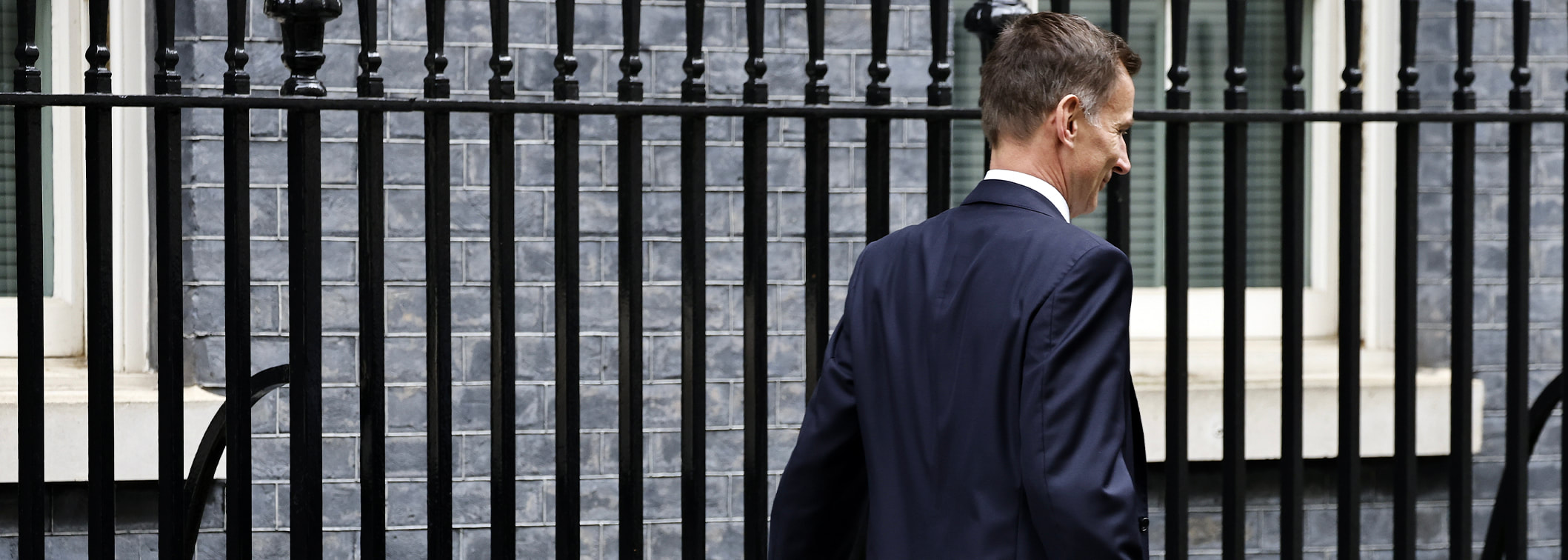|
A few weekends ago the Financial Times’s Money section published a special edition focused on private client wealth management. It included info on the past performance of specific major wealth managers, which is data that is usually difficult to obtain. This gives us an opportunity to compare our clients’ returns to those of our biggest peers - and we like what we see. This article is relevant for Non Doms who have been resident in the UK for less than 15 out of the past 20 tax years, intend to stay in the UK after April 2025 and have a significant potential inheritance tax liability. The most frequently asked question from our younger, higher-earning clients right now is whether they should use capital to pay down their mortgage. The answer? It depends but generally if the mortgage amount is not too high and the borrower has sufficient income and capital to live their life then it often makes sense to keep the mortgage and invest the money instead. Pension Contributions vs Salary or Dividend If we assume that you are an additional rate taxpayer, you will pay 50-55% in tax when you take money out of your business as salary or a dividend. You will pay 33.75% in tax if you take it via your pension. This is largely because pension contributions made from your company are treated as an expense and so are not subject to corporation tax. It’s also because the first 25% of withdrawals from your pension is tax-free. There are principally three ways that family wealth erodes over time: Spending, Inflation & Taxes Here's what you can do about them. With interest rates as high as they are currently, it is tempting to simply take the rate on offer from your bank and avoid the riskiness that comes from investing in shares. Additionally, higher and additional rate taxpayers are finding supposed value in buying government bonds directly, which offers a significant tax benefit relative to earning interest from a bank. But the long term investor is still very likely to be better off invested in shares, even after the tax break is considered. Here are 5 relatively straightforward ideas for reducing your taxes and increasing your after-tax investment returns. In all the examples, there is an element of 'use it or lose it'. In other words, you need to act before the end of the tax year (April 5th) in order to get all of the benefits mentioned. Most people don’t realise how much tax they can save just by investing in liquid assets like stocks and bonds for the long term. Below is an outline of how £1 million could be invested at what would very likely be an extremely low rate of tax. We’ll call it ‘pretty much tax free’. Not every idea will apply to every person but hopefully the exercise will show that there are lots of ways to invest for the long term in a very low tax way - which, all else equal, will lead to significantly greater wealth creation than routes that incur higher tax (like, say, investment properties...). In this article we explain to whom Inheritance Tax is likely to apply and outline strategies that can be used to mitigate the tax. It should be useful for anyone who is concerned that their estate may be subject to the 40% inheritance tax. This article is a generalised guide only and it does not constitute tax, legal nor financial advice that is personal to any individual's unique circumstances. We believe the information contained in this article to be accurate as of 11 May 2021 although we cannot guarantee this. Before taking any action concerning potential inheritance tax mitigation, we strongly advise you take regulated financial advice. In this article we discuss some of the key considerations that should go into the decision of whether to sell or to hold onto shares that an employee has been given by their employer (a.k.a. 'vested equity'). It should be useful for anyone who receives compensation from their employer in the form of shares. It is not intended to be financial advice specific to your unique circumstances. |
Content Hub
|
Tindle Wealth Management Limited is authorised and regulated by the Financial Conduct Authority (FCA number 826467).
Tindle Wealth Management Limited is registered in England, Companies House number 10937225; our registered address is 1 The Sanctuary, London, SW1P 3JT. Our VAT number is 299894113.
The Financial Ombudsman Service is available to address individual complaints that clients and financial services firms are not able to resolve themselves. To contact the Financial Ombudsman Service you may visit www.financial-ombudsman.org.uk.
Tindle Wealth Management Limited is registered in England, Companies House number 10937225; our registered address is 1 The Sanctuary, London, SW1P 3JT. Our VAT number is 299894113.
The Financial Ombudsman Service is available to address individual complaints that clients and financial services firms are not able to resolve themselves. To contact the Financial Ombudsman Service you may visit www.financial-ombudsman.org.uk.










